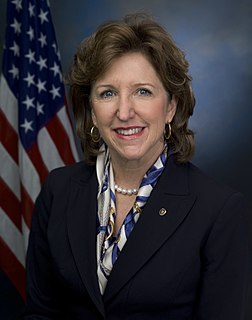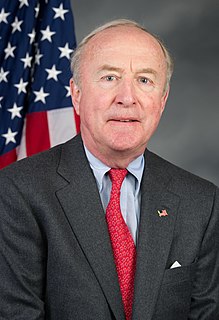A Quote by David Malpass
While Washington pays lip service to the challenges facing small businesses, it repeatedly chooses its own expansion over results. In effect, government has become a huge silent partner in all businesses, often taking a majority of the profits and forcing many unprofitable business decisions without the risk that it will be fired.
Quote Topics
Become
Business
Business Decisions
Businesses
Challenges
Chooses
Decisions
Effect
Expansion
Facing
Fired
Forcing
Government
Huge
Lip
Lip Service
Majority
Many
Often
Over
Own
Partner
Pays
Profitable Business
Profits
Repeatedly
Results
Risk
Service
Silent
Small
Small Business
Small Businesses
Taking
Washington
While
Will
Without
Related Quotes
It's actually a pretty basic concept: when businesses feel secure and confident, they are more likely to grow, hire, and invest. Conversely, when the economy is unstable, businesses often become much more risk averse, and in many cases, they're forced to make undesirable cuts that affect their bottom line.
Congress can protect small businesses by providing effective oversight over SBA policies and make sure they take into account the needs of small businesses while also protecting taxpayer dollars. Congress also needs to make sure that new banking regulations do not make it more costly for community banks to lend to small businesses.
We regard using [a stock's] volatility as a measure of risk is nuts. Risk to us is 1) the risk of permanent loss of capital, or 2) the risk of inadequate return. Some great businesses have very volatile returns - for example, See's [a candy company owned by Berkshire] usually loses money in two quarters of each year - and some terrible businesses can have steady results.
People's mouse clicks decide what businesses, services, and content succeed. Users have equal access to tiny businesses with viral ideas and blue-chip companies, allowing these enterprises to compete on their own merits. It's how so many small start-ups have been able to become Internet success stories.




































